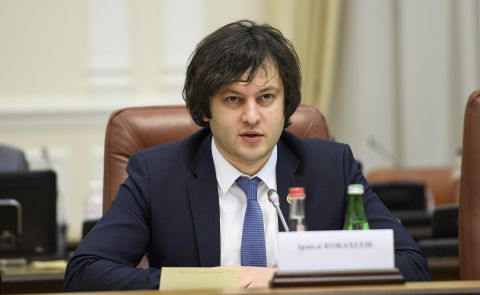
Political situation in Georgia: opposition forces in open confrontation over the negotiations
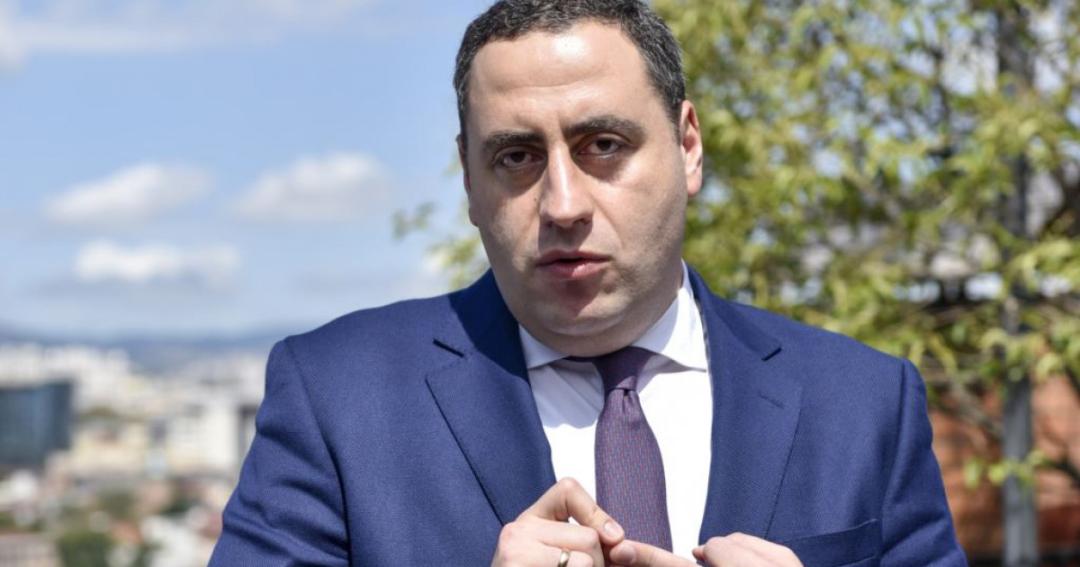
On 18 January, the leader of the opposition “Citizens” party Aleko Elisashvili stated that some opposition parties in the country might have damaging information against the leader of Strategy Agmashenebeli Giorgi Vashadze or others and used it to influence their position during the negotiations with the ruling Georgian Dream Party (GD).
Elisashvili suggested that former government officials, including Vano Merabishvili and Giga Bokeria, threatened Giorgi Vashadze with this information. One of the Girchi party leaders, Iago Khvichia, stated earlier that the leader of the Strategy Aghmashenebeli party Giorgi Vashadze agreed to meet with them but has changed his position.
Vashadze responded to this statement by calling it a lie and gossip. “Such statements hinder the successful completion of the negotiations. The politician should be busy with solving the obstacles instead of fabrication,” Vashadze said. “We do not see any real steps or messages from the Georgian Dream showing their readiness to discuss any new topic in the negotiation process. Therefore, I think it’s wrong for the opposition to present new initiatives. We have already offered several compromise proposals, snap elections, plebiscite, etc.,” he further emphasised. The European Georgia (EG) representatives also responded to Elisashvili’s statement by saying that Citizens and Girchi parties launched an orchestrated attack on them.
Elisashvili also came in an open confrontation with the leader of the “Lelo” party Mamuka Khazaradze during a live broadcast on Rustavi 2. Khazaradze accused Elisashvili of spreading information from closed meetings, adding that the statements were not true. In response, Elisashvili reminded Khazaradze of the conversation held during the meetings. “Did we agree on something?! The only thing I regret is that we did not immediately show everything live. People need to know what we were talking about behind their back. The main thing we were saying was that if we continue to boycott, what happens then, how do we defeat Ivanishvili?! You told me that this was a war. Haven't I promised you that I would follow you in any war?!” he told the Lelo leader.
The “Citizens” leader accused Khazaradze of following the orders of the European Georgia (EG) leader Giga Bokeria, while Khazaradze accused Elisashvili of fulfilling the orders of the GD and creating the impression that there is a confrontation in the opposition. “I don't want to see you attending opposition meetings. I will not even greet you there. This will be the first example in Georgian politics that dignity, words and truth must be valued," Khazaradze said, prompting a sharp reaction from Elisashvili, who accused the Lelo leader of robbing people after which Khazaradze left the studio.
Following these verbal confrontations, Strategy Agmashenebeli announced that a third political centre would be formed in the country following the disparity of positions of the various opposition parties. “We will cooperate with everyone, but when it comes to the third political centre, it is clear that there are two political centers, strong political parties, such as the Georgian Dream and the National Movement. In return, we want to create a third political center. I will not specify which political forces are engaged in the negotiations. But if you need more details, we do not consider Aleko Elisashvili’s Citizens as our third centre party,” said Sergo Chikhladze from Strategy Agmashenebeli.
Other representatives of the opposition also expressed their discontent with how the positions within the country’s opposition forces diverge. Iago Khvicha from Girchi said that no positive outcome within the opposition would be achieved without EU and US support. “Our position has always been to stay firmly at the negotiating table. We did not want anyone to criticise us. We did not want to lose the negotiations with the facilitators. Then we saw that the ambassadors did not support our stance. We saw it clearly. Then the US ambassador came out and told us to enter the parliament,” Khvichia said.
“Suddenly, I noticed that some participants of the talks were not as interested in the opinion of the US Ambassador as I was. I am an activist, [I do] not [want] to offend the US ambassador, [I did] not do anything wrong. It just is not a matter of interest. I blew up for the first time, as I do not want to confront the US embassy because of any opposition representative. It is the future of this country,” he added. Khvicha emphasised that Girchi, Strategy Agmashenebeli, and Lelo representatives opted for a more constructive approach in the negotiations, while the EG representatives expressed their beliefs that with the change of the US administration, the stance of the ambassadors would change, and soon the ambassadors would start speaking differently towards the opposition.
The representatives of the United National Movement (UNM) also expressed their dissatisfaction on how the negotiations were proceeding. “The UNM, as the main opposition force, continues consultations with Aleko Elisashvili and other parties on calling early parliamentary elections. It is the main starting point. The relevant meeting will take place at the end of January, and no political party, no political leader will influence us. The main starting point for us and the public is to achieve the goal, call early parliamentary elections. The fifth round of talks has no prospects as the Georgian Dream has an impregnable position now. It is important for the opposition to unite with the public around the idea that snap parliamentary elections must be called,” said Levan Bezhashvili from the UNM.
Members of the ruling commented on the current turmoil between the opposition forces in the country. “The United National Movement and European Georgia seem to have been most threatened by the new opposition parties since the parliamentary elections because the parliamentary boycott was aimed at damaging their reputation and nothing else,” said the GD parliamentarian Rati Ionatamishvili. The first vice-speaker of the parliament, Gia Volski, expressed his beliefs that most of the opposition parties were not interested in the parliamentary elections but in having a revolutionary regime and carrying out destructive actions. Volski stressed that internal consultations in the opposition do not make sense, as the political groups have different aspirations. He added that the current opposition has been insulting each other from different platforms at different times. “What unites these political entities is the development of destructive processes to get some political dividend in the turbulent water,” Volski stated.
See Also

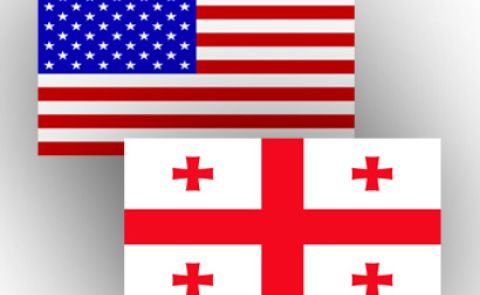
Kobakhidze Meets US Senator Daines to Discuss Bilateral Relations
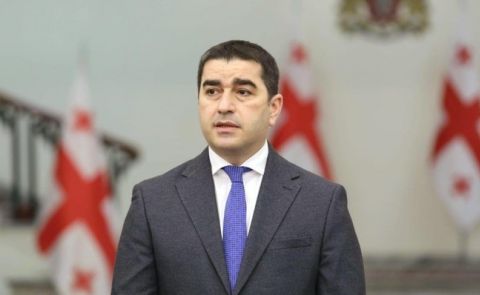
Georgian Speaker Condemns Embassy Travel Warnings as Economic Attack
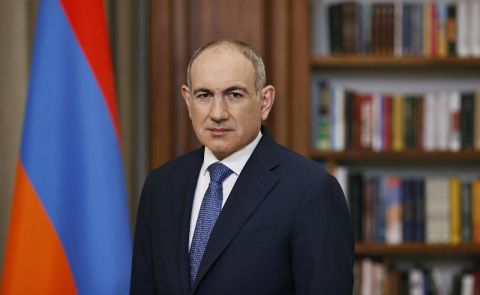
Political Crisis Deepens Between Armenian Government and Apostolic Church After Pashinyan’s Remarks
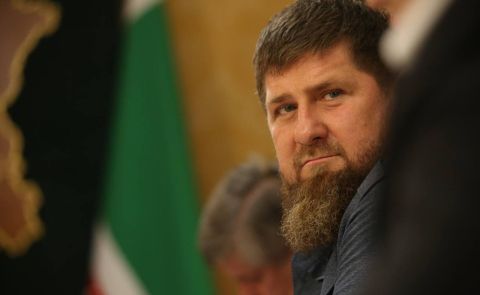
Ramzan Kadyrov Awards Title to Ingush Businessman

